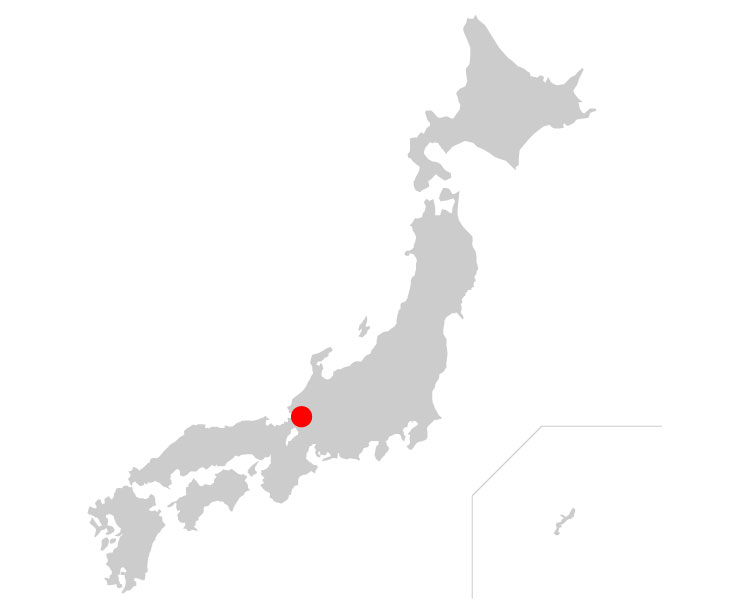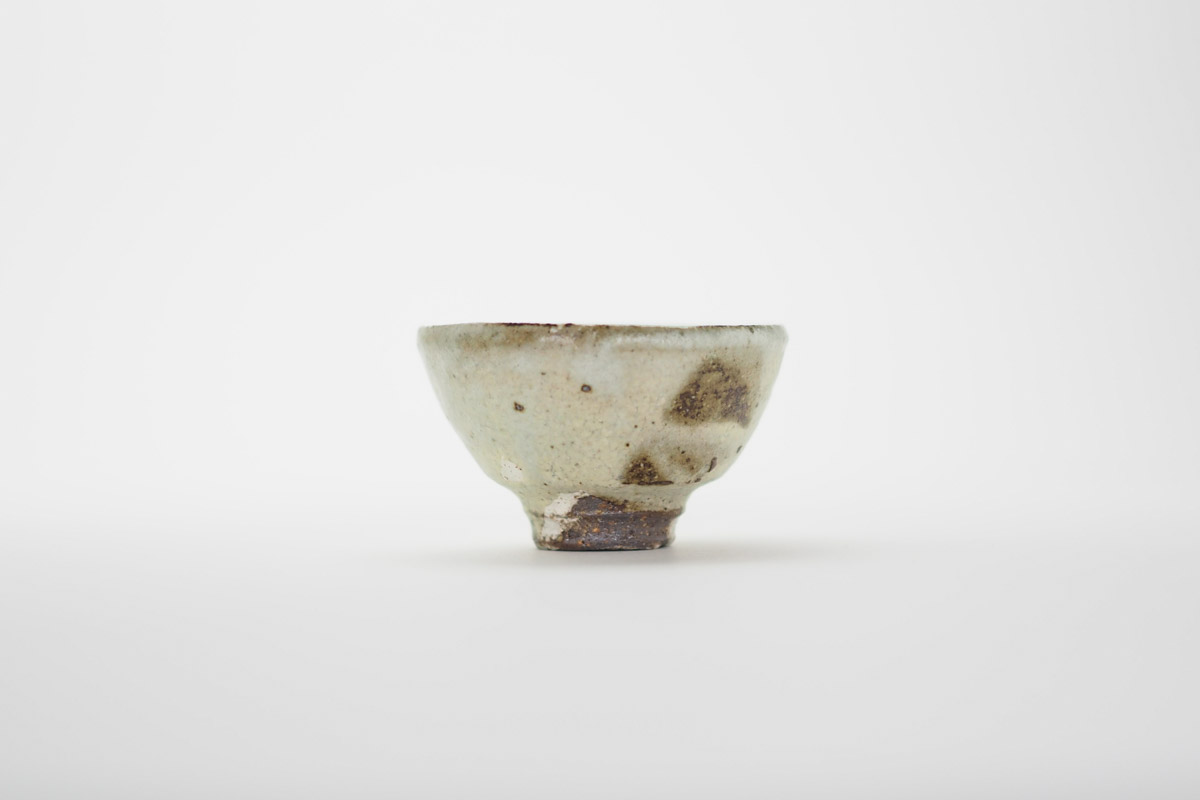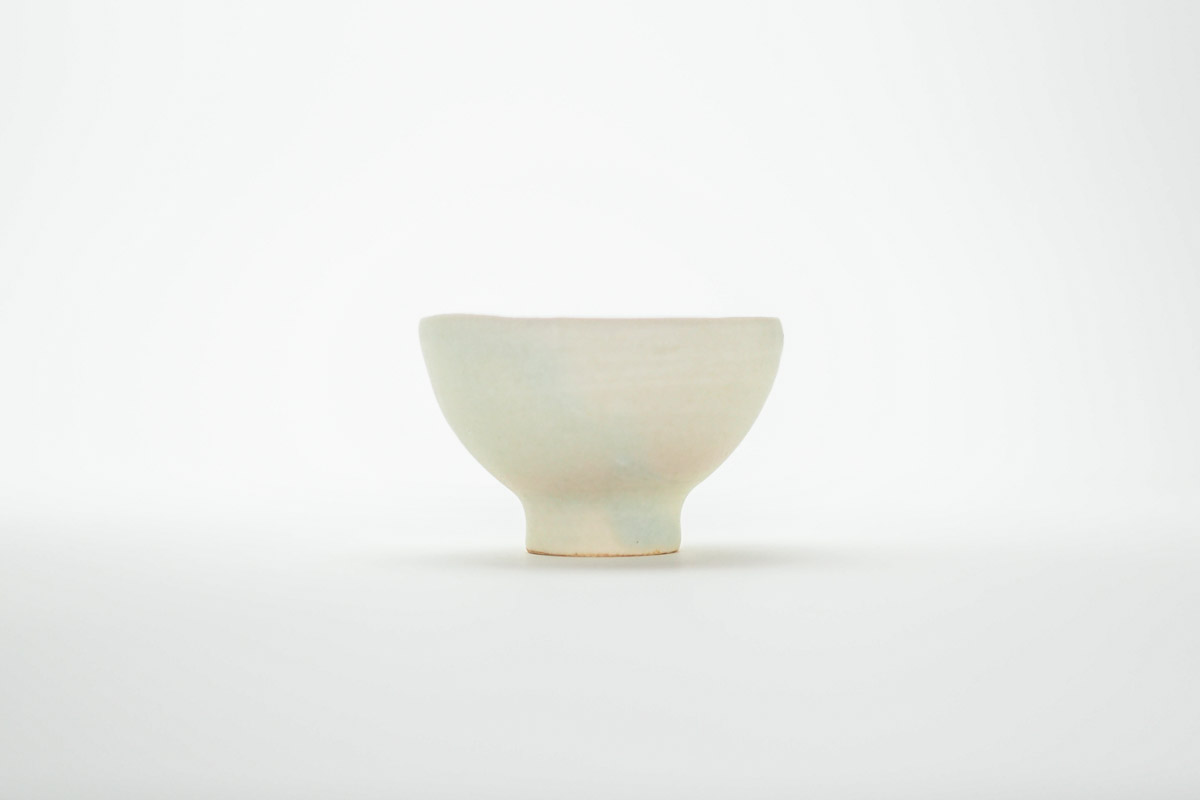窯元 : 橙
産地 : 越前焼 (福井県)
住所 : 非公開
越前焼は日本六古窯の一つに数えられ、その歴史は古く、今から約850年前平安末期に遡ります。高温焼成で茶褐色に焼き締まった越前焼は、上薬を使わなくても水を通さない丈夫な焼き物と言う特長から、主に水がめ(水や穀物用)や、すり鉢などの日用雑器を中心に生産していました。橙(いいだくにこさん)の商品は、800度程度の素焼きを行ったのちに、1,230度程度で24時間かけて本焼きをし、その後24時間くらい冷やしてから窯出しを行なって生み出されています。この商品は、さらに黄色味がかった独特の風合いをだすため、3回本焼きを行っています。釉薬は企業秘密とのことで、マットな質感に特徴のある釉薬のため、日本酒を注いだり、乾き物をのせたりしてご使用ください。コーヒーを長時間いれておいたりすると、色がつきやすいですが、その色自体もデザインとしてお楽しみ頂けます。(上記商品は写真上段のものです)
“Echizenyaki (Echizen-ware) is a type of pottery produced in the town of Echizen, Fukui prefecture. This traditional handicraft comes from one of the Six Ancient Kilns of Japan which along with Bizen, Tamba, etc. and those kilns began production from the Heian period (794-1185).
Echizen-ware is notable for being fired without the use of enamel resulting in a simple texture. One of the appeals of Echizen-ware is its natural glaze that comes from firewood ash covering and dissolving into the pieces as they are baked at a high temperature. Production has mainly centered around items used in everyday life, such as pots, jars, drinking containers, and tea utensils, as these dark reddish-brown vessels are thoroughly densified, strong and leakproof. At the atelier Dai, the biscuit-fired earthenwares are fired in a kiln at about 1,230 degrees Celsius for 24 hours during glost firing process and cool down in the kiln for another 24 hours. This yellowish guinomi in a simple texture results from her original glost firing proess for three times and her secret recipe of glaze gives matted texture for her works.
Echizen-ware can be stained by coffee or any dark colored drink easily but you may also enjoy such stain as a kind of design. “



